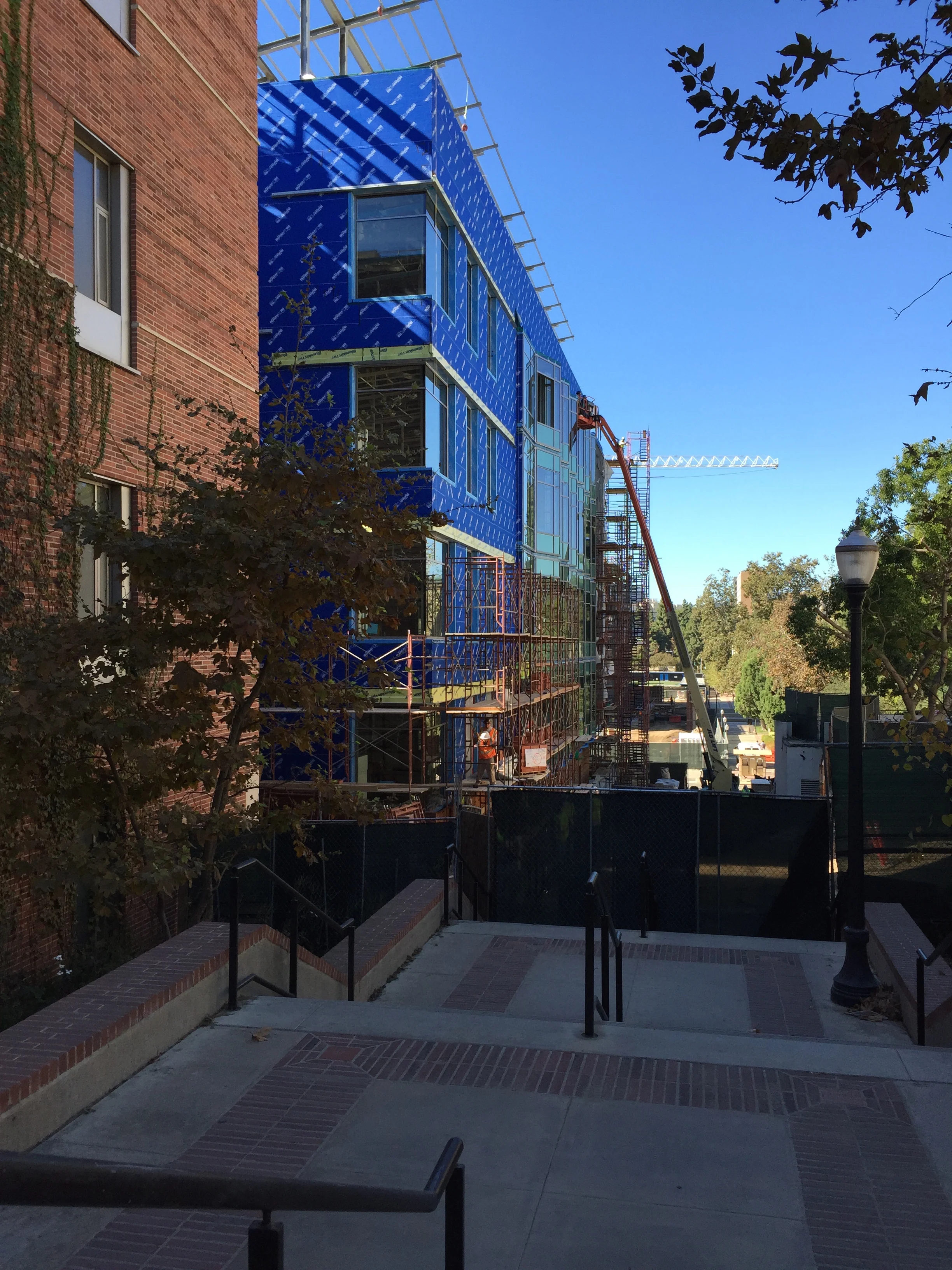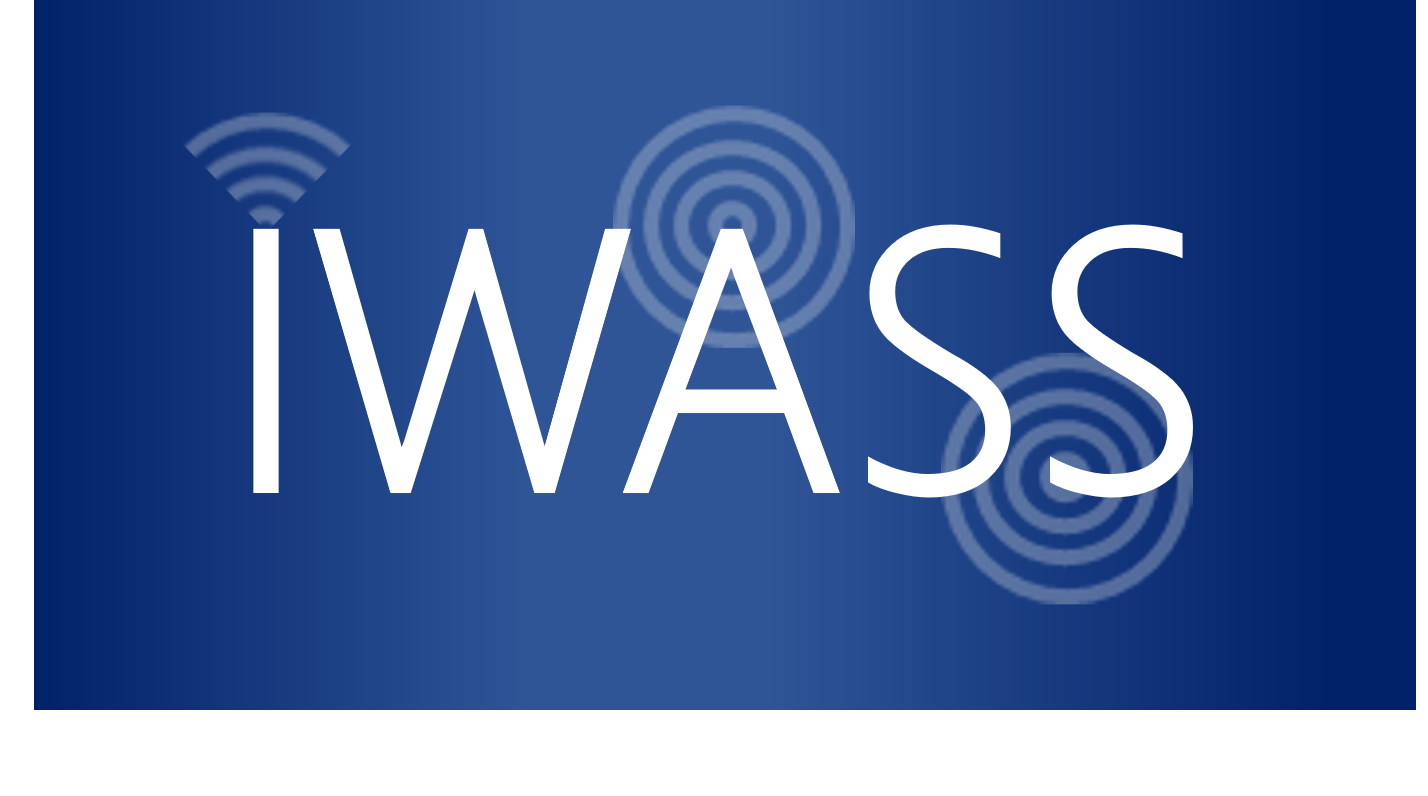F25 GIRS Seminars: Balancing Pipeline Profitability and Failure in Hydrogen Pipelines Using Machine Learning-Derived Operational Rules
/When: Thursday, November 06, 2025
Time: 1:00pm PT
Where: (In-Person) UCLA Engineering 6 BLDG, Rm 580B and ZOOM
Theresa Stewart
Abstract: Hydrogen pipelines face a unique trade-off between energy delivery efficiency and pipeline material integrity. On one hand, pressure must be increased to compensate for hydrogen’s low energy density and ensure sufficient throughput (i.e., economic return). On the other hand, elevated pressure increases the risk of hydrogen embrittlement and material failure (i.e., pipeline rupture). In this work, we leverage an existing predictive model built from validated fracture mechanics principles, gas flow calculations, and equations of state. Rather than requiring operators to run this complex model for each use case, we used a Monte Carlo Tree Search algorithm to extract the most identify risk-profitability trade-off. The branches from the tree provide simple rules that pipeline operators can use without the need to run the entire flow and fatigue models. These rules can be directly used in the field, enabling pipeline operators to make informed decisions quickly and without technical overhead. This approach bridges physics-based modeling and operational simplicity, offering a scalable framework for managing hydrogen or hydrogen-blend pipeline networks.
Short Bio: Theresa Stewart is a post-doctoral researcher for the B. John Garrick Institute for the Risk Sciences at UCLA. She obtained her Ph.D in Materials Science and Engineering at UCLA in 2023, and her B.S. in Materials Engineering at Cal Poly San Luis Obispo in 2017. Her main area of interest is in reliability analysis of energy infrastructure and material degradation modeling.




